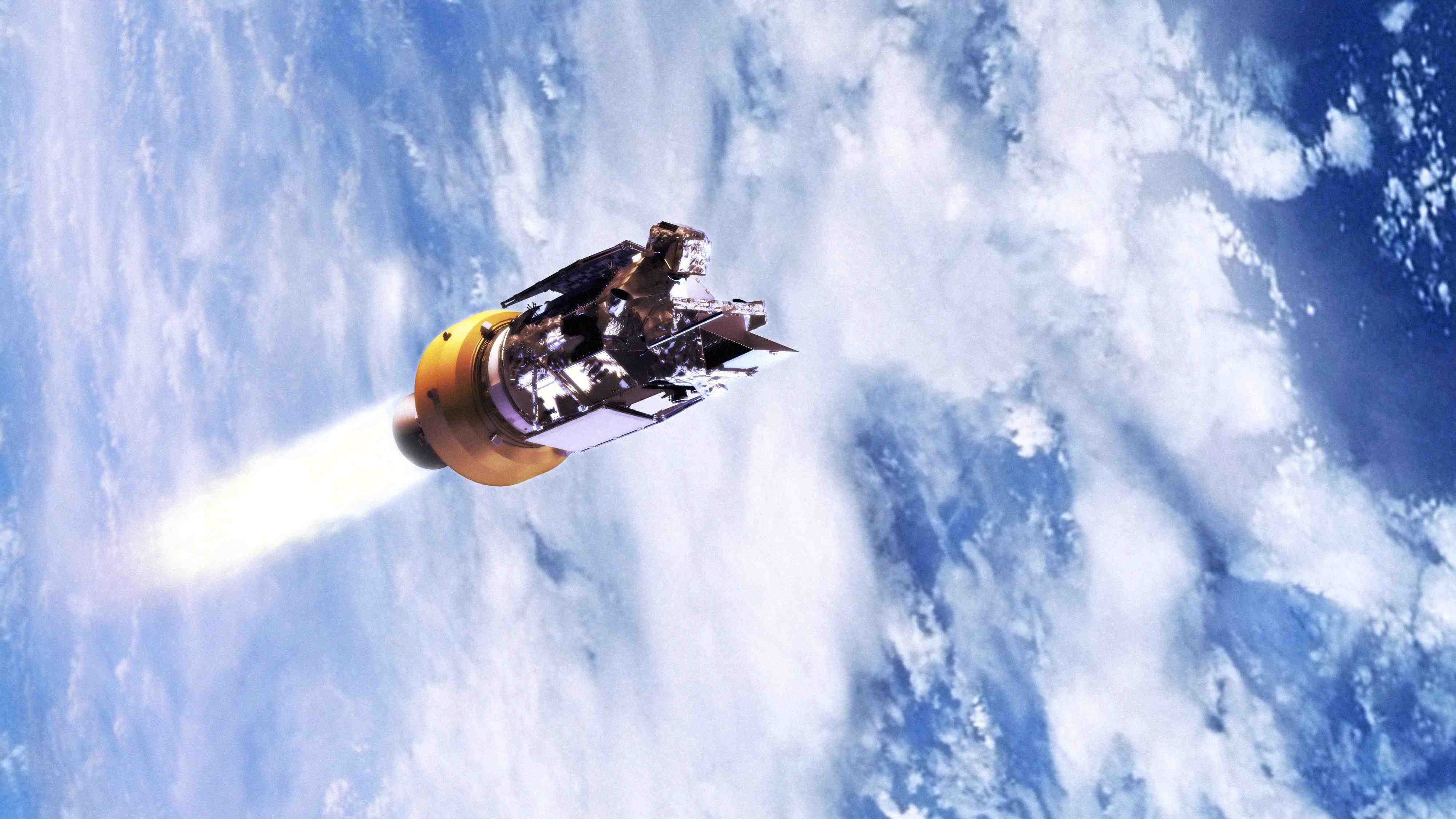The Glory satellite is slated to blast off before dawn Wednesday from Vandenberg Air Force Base
aboard a Taurus XL rocket. Once boosted to an altitude of 440 miles
(700 kilometers), it will join a fleet of satellites that has been
collecting climate data for years.
Its main job will be to study fine airborne
particles known as aerosols. Smaller than the diameter of a human hair,
these ubiquitous specks can track great distances across the globe and
are largely responsible for producing hazy skies.
Scientists know very little about aerosols and
their effect on climate. A better understanding is critical to improving
climate models. USATODAY

No comments:
Post a Comment